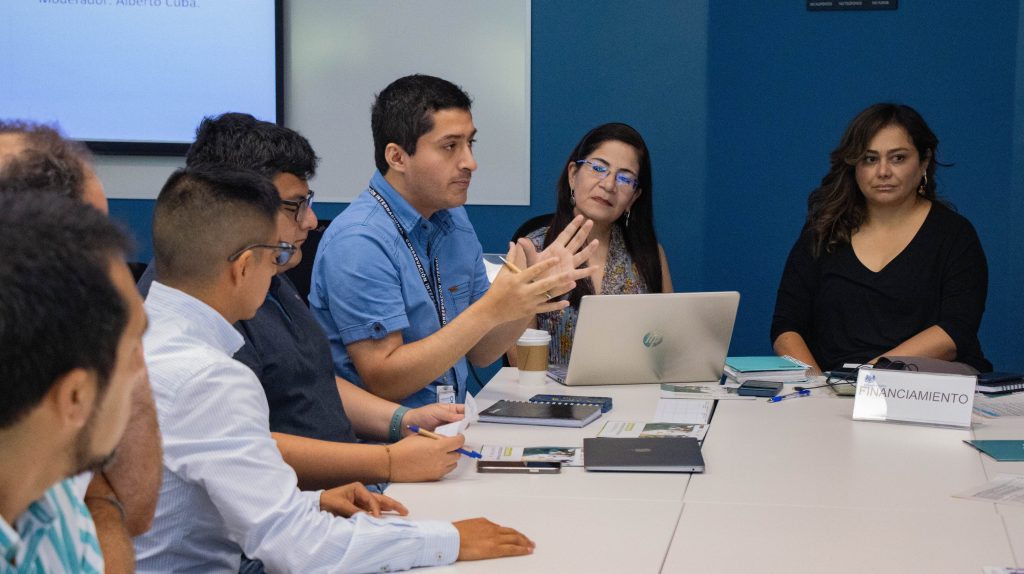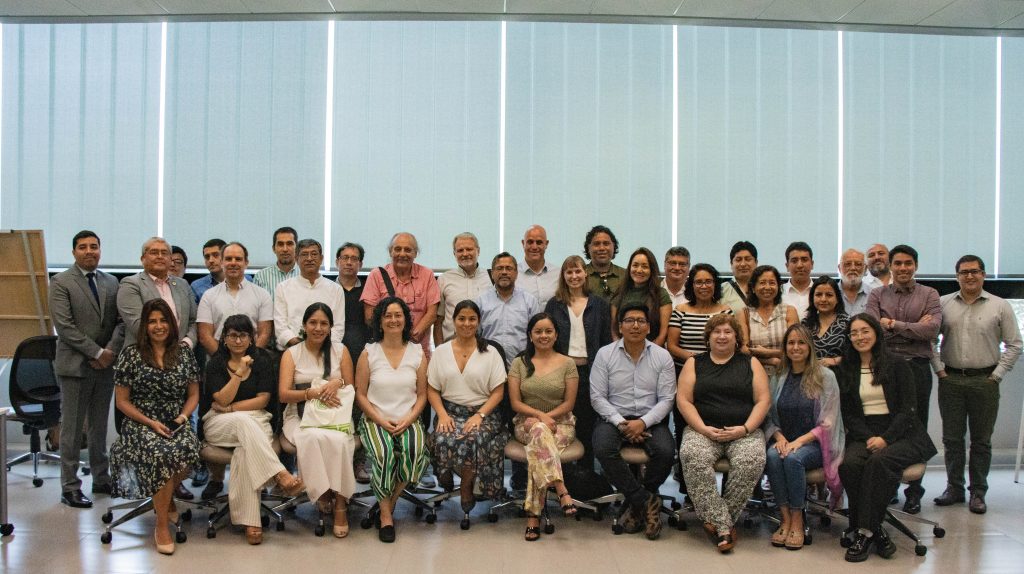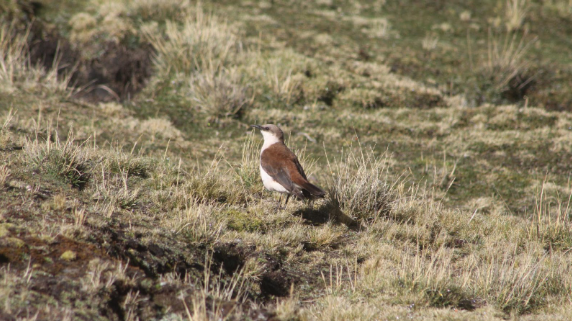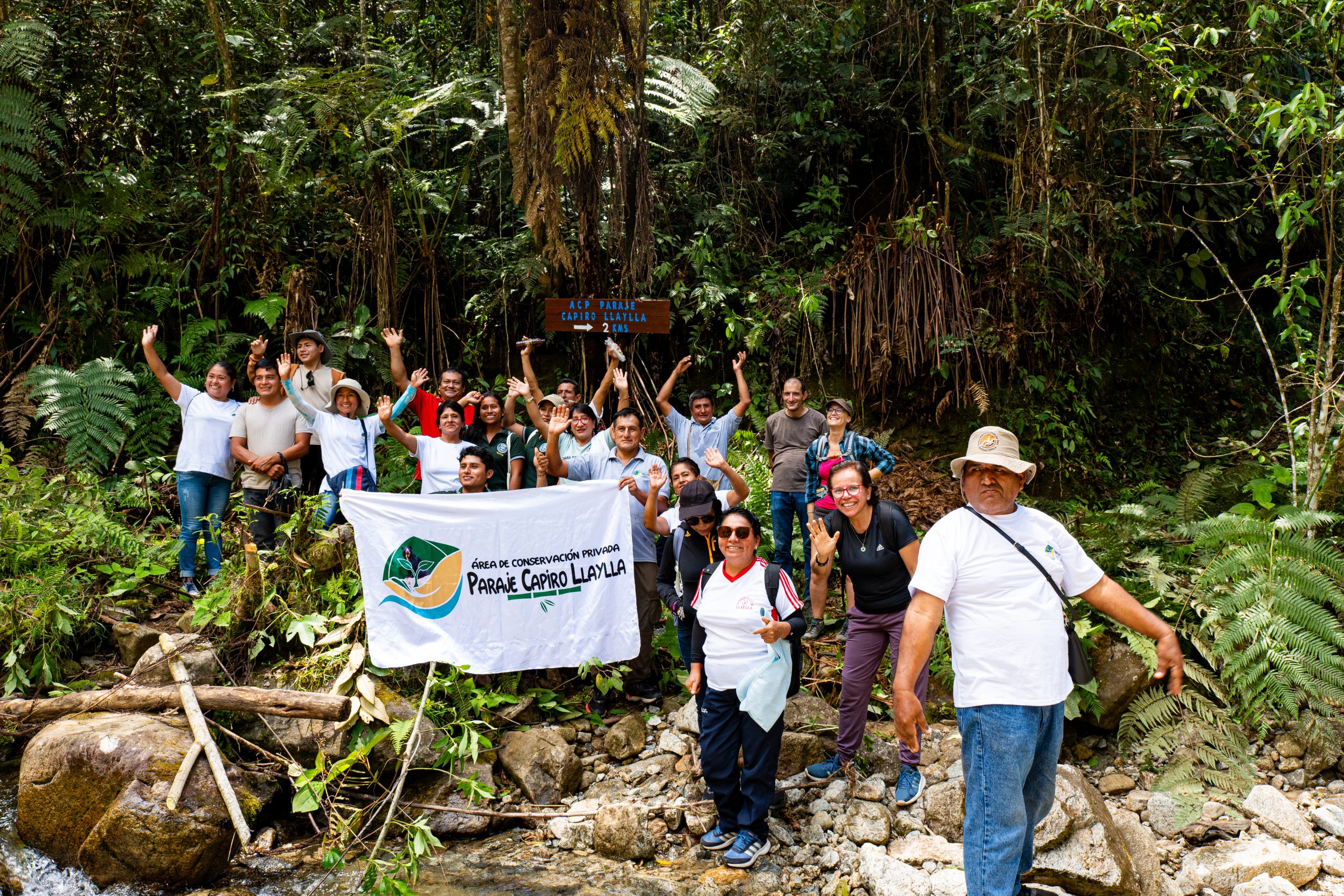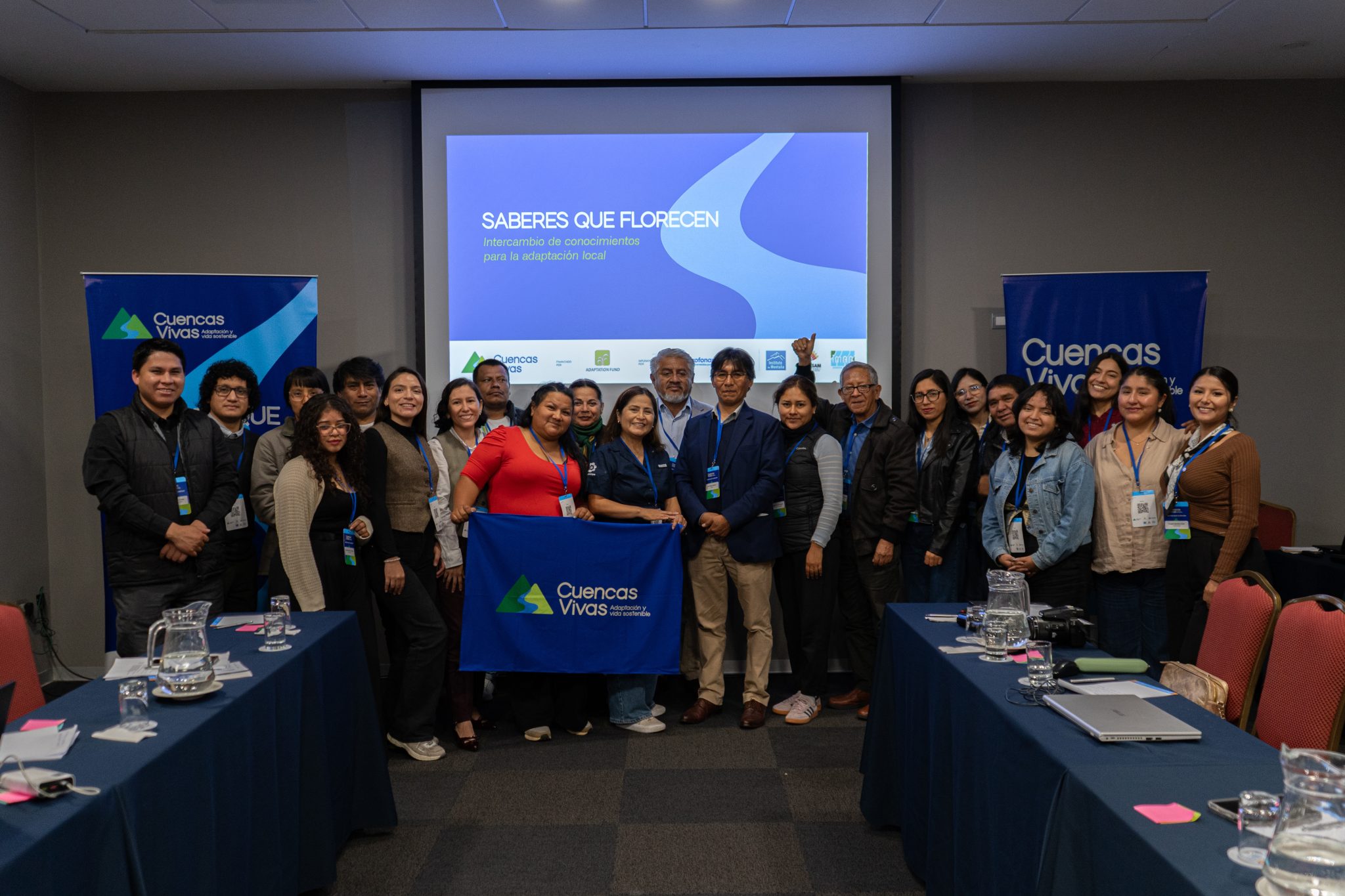With the aim of discussing and compiling roadmaps and existing initiatives to address the bioeconomy in Peru, on January 30, representatives and specialists from the Ministry of Environment, Ministry of Economy and Finance, Ministry of Production, Ministry of Foreign Trade and Tourism, Sernanp, PromPerú, the Amazon Regional Commonwealth, Conservation International, AIDESEP, AJE, IICA, Amanatari and Candela, among others, met to share, analyze and discuss the different challenges and opportunities for improvement in the development of bio-businesses in Peru.
Within the framework of the experience of the Datem Wetlands Project –financed by the Green Climate Fund and KOICA, and implemented by Profonanpe– some challenges were identified for the strengthening of the bio-businesses promoted in this project and other initiatives in the Amazon. One of these challenges is related to connectivity. In this regard, Julia Kraetke, Director of Climate, Nature and Infrastructure of the British Embassy, said: “You realize the great challenge of connectivity, energy and incentives that the country needs to support bio-businesses.” In areas where natural resources are sustainably exploited, connectivity conditions are quite limited, which has an impact on the entire production and distribution process of the bio-businesses that have been implemented. Although alternatives have been found in recent years, there are still several pending tasks for these bio-businesses to be sustainable without the need for external economic and technological support.
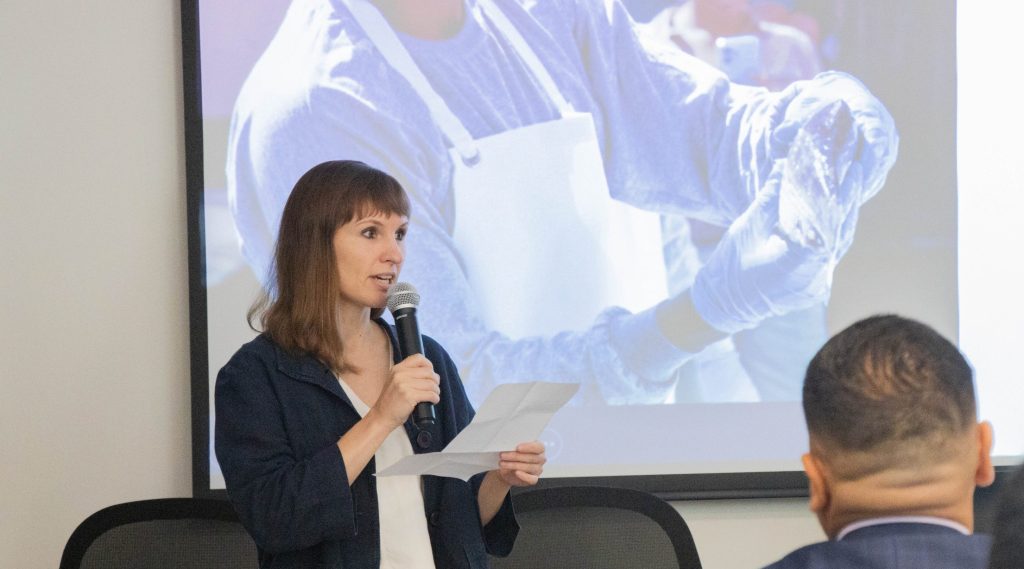
In this regard, Anton Willems, CEO of Profonanpe, highlighted the importance of articulation to promote joint work that has a positive impact on the conservation of ecosystems: “Traveling 1,800 km when communication routes are complex can take days and even weeks for any citizen who does not have the economic conditions to board a plane or fast river transport. […] We hope that Profonanpe can generate synergies, coordination and the exchange of new practices.”
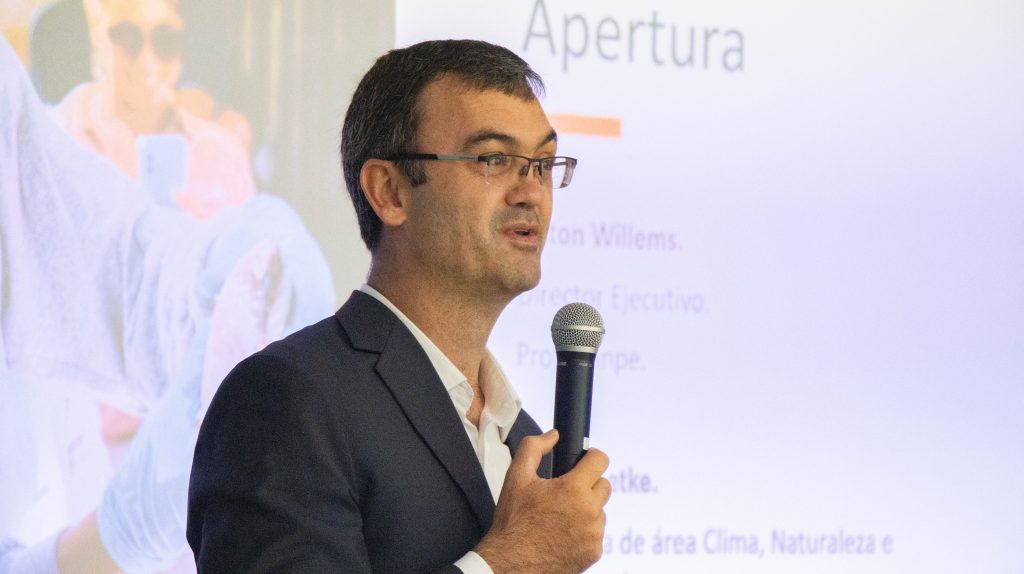
During the main panel, access to financing, the market and capacity building were mentioned as important challenges for the development of bio-businesses. Diana del Águila, Director of Environmental Financing at Minam, said: “A study was conducted within the framework of the BioInvest project, which identified that there are around US$685 million in financing needs in 13 value chains nationwide.” Minam has been promoting three financial instruments to mitigate these needs.
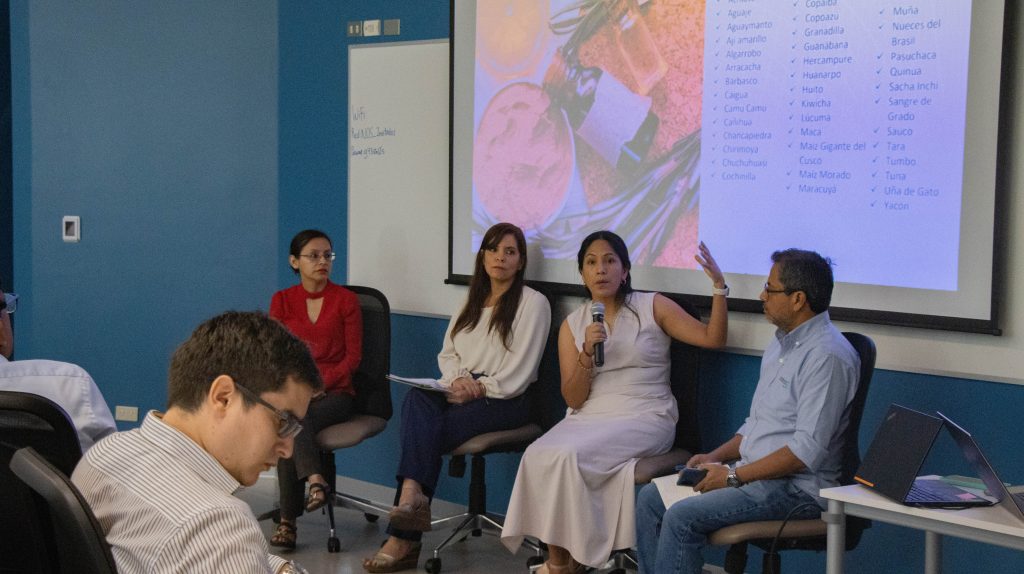
The session concluded with the consolidation of some recommendations that will strengthen the articulation of the bioeconomy in Peru in terms of market access, financing and capacities for effective implementation in the territories.
